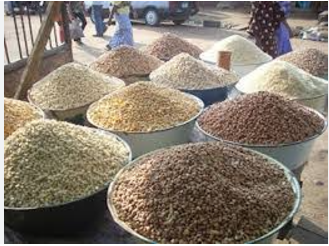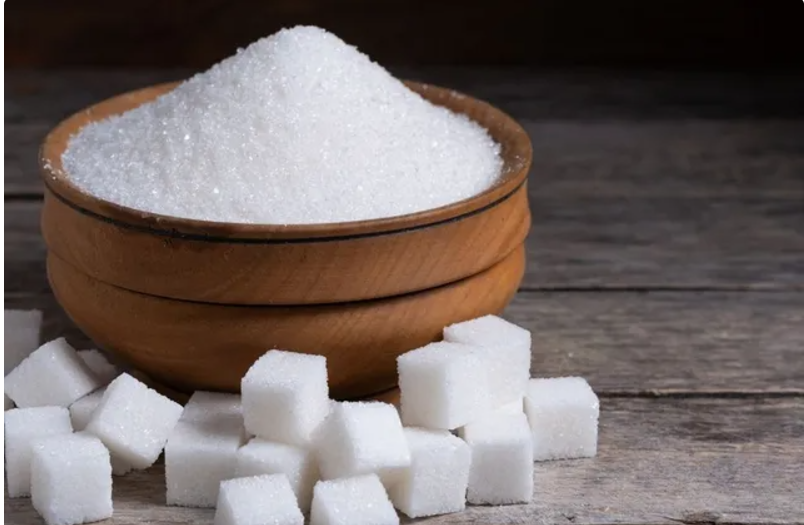By Jemimah Wellington, JKNewsMedia Report
SOARING FOOD prices are the most significant shock affecting households across Nigeria, the National Bureau of Statistics (NBS) has disclosed.
According to the bureau’s General Household Survey-Panel (GHS-Panel) Wave 5 for 2023/2024, released in Abuja, 71% of Nigerian households cited food price increases as their top challenge.
The survey highlighted the disparity between urban and rural areas, with urban households reporting 75.5% exposure to food price shocks compared to 68.9% for rural households.
Regionally, the crisis is most acute in the South-East and South-South zones, where 83.6% and 79.3% of households, respectively, reported experiencing the challenge.
The report also identified other economic shocks.
The rising cost of oil and fuel impacted 52% of households, while 32.2% struggled with price hikes for other fuels.
Additionally, 28.8% of respondents reported increased costs of farming and business inputs.
Environmental shocks, including floods (8.8%), droughts (5.8%), and pests (5.7%), added further strain on households.
Households have adopted various coping strategies to address these shocks. Nearly half, 48.8%, resorted to reducing food consumption, while 36.1% sought help from family and friends.

Another 32.6% reported buying reduced quantities of essential goods. However, 28.3% of households did nothing to mitigate the shocks, underscoring the limited options available to many.
Safety net assistance remains scarce.
The report revealed that only 4% of households nationwide received such support, a sharp decline from 10.4% in the previous survey.
Urban households had slightly better access, with 5.2% receiving assistance compared to 3.5% in rural areas. Urban households also relied more on cash assistance, at 60.5%, compared to 49.6% in rural areas.
Regional disparities in safety net access were evident.
The South-South and North-West zones recorded the highest shares of households benefiting from assistance, at 6.7% and 5.6%, respectively.
The NBS noted that the survey offers critical insights into how Nigerian households are faring amid economic and environmental challenges.
The panel survey, which began in 2010, provides longitudinal data to track changes in welfare and socio-economic outcomes over time.
At JKNewsMedia, our dedication to delivering reliable news and insightful information to our cherished readers remains unwavering. Every day, we strive to provide you with top-notch content that informs and enlightens. By donating to JKNewsMedia, you directly contribute to our mission of delivering quality journalism that empowers and informs. Your support fuels our commitment to bringing you the latest updates and in-depth analysis. Let's continue to uphold the highest standards of journalism and serve our community with integrity and dedication. Thank you for being a part of the JKNewsMedia family and for your ongoing support.





